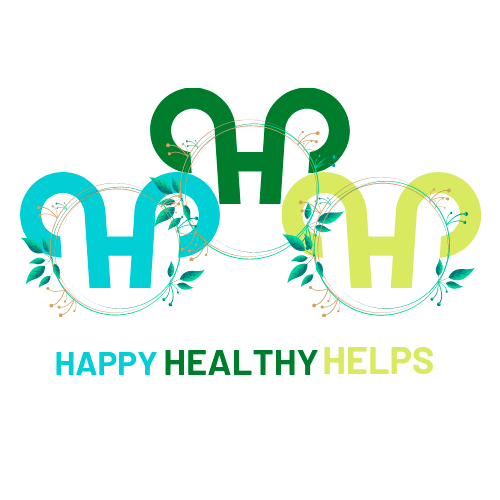Benefits of reading books and newspapers
benefits of reading books Calling book lovers and avid readers of all ages!
Have you ever wondered what the benefits of reading are aside from leisure and education?
From learning new words to maintaining your mental health, books can do it all!
In case you needed a reminder of how important regular reading is for our wellbeing and literacy
here are the top 10 benefits of reading for all ages: If you are a person who is not fond of reading books then you might be missing out.
People often don’t understand the Benefits of Reading Books, Some says it’s a waste of time, Some Find it boring, and for many such reasons people believe or can say have a mindset that reading books is not so useful and it’s of no use, just a time waste, energy waste, However Fact is opposite to such mindset, There are various reasons why Reading is very important and beneficial. A love of Reading can protect you from Alzheimer’s disease, People who don’t know what Alzheimer Disease is, For them, Alzheimer’s is a Type of Dementia that causes Problems with Memory, thinking, and Behavior.Reading books helps your brain to be more active and it gives your brain a different kind of work out than watching TV listening to the radio.
Reading helps you to find out the new real you, gives you a different perspective of life.
Today I will share some of the benefits of reading a book, Hope it will help you to develop curiosity and desire to explore the world of Reading.
Read a book
In a world of omnipresent screens, it can be easy to forget the simple pleasure of curling up with a good book.
In fact, a HuffPost/YouGov poll of 1,000 U.S. adults found that 28 percent hadn’t read one at all in the past year.
But the truth is that reading books can be more than entertainment or a high school English assignment.
A study released earlier this month suggests that enjoying literature might help strengthen your
The research, published in the journal Science, showed that reading literary works (though, interestingly, not popular fiction)
cultivates a skill known as “theory of mind,” which NPR describes as the
And that’s hardly the only way being a bookworm can boost your mind and well-being
Stressed out? Pick up a paperback. Research conducted in 2009 at the University of Sussex showed that reading was the most effective way to overcome stress, beating out old favorites such as listening to music, enjoying a cup of tea or coffee and even taking a walk
The Telegraph reported when the findings were released.
Measured by evaluating heart rate and muscle tension.
That took the study participants just six minutes to relax once they started turning pages.
“That really doesn’t matter what book you read, by losing yourself in a thoroughly engrossing book you can escape from the worries and stresses of the everyday world and spend a while exploring the domain of the author’s imagination
It could keep your brain sharp

The study, which included 294 participants who died at an average age of 89, found that those who engaged in mentally stimulating activities, such as reading, earlier and later on in life experienced slower memory decline compared to those who didn’t.
In particular, people who exercised their minds later in life had a 32 percent lower rate of mental decline compared to their peers with average mental activity.
The rate of decline amongst those with infrequent mental activity benefits of reading books
Our study suggests that exercising your brain by taking part in activities such as these across a person’s lifetime, from childhood through old age, is important for brain health in old age,” study author Robert. S. Wilson of the Rush University Medical Center in Chicago said in a statement. “Based on this, we shouldn’t underestimate the effects of everyday activities, such as reading and writing, on our children, ourselves and our parents or grandparents
Reading is very important for brain
According to research published in the journal Proceedings of the National Academy of Sciences in 2001, adults who engage in hobbies that involve the brain, like reading or puzzles, are less likely to have Alzheimer’s disease, USA Today reported at the time.
However, the researchers identified only an association, not a cause-and-effect relationship: “These findings may be because inactivity is a risk factor for the disease or because inactivity is a reflection of very early subclinical effects of the disease, or both.
“The brain is an organ just like every other organ in the body. It ages in regard to how it is used,” lead author Dr. Robert P. Friedland told USA Today. “Just as physical activity strengthens the heart, muscles and bones, intellectual activity strengthens the brain against disease.”
Reading may Helps you to sleeps better

cue your body up for shut-eye — and reading can be a great way to do so
Bright lights, including those from electronic devices, signal to the brain that it’s time to wake up, meaning reading your book under a dim light is a better bedside bet than a laptop
Getting lost in a good book could also make you more empathetic.
losing yourself in a work of fiction might actually increase your empathy.
Researchers in the Netherlands designed two experiments that showed that people who were
“emotionally transported” by a work of fiction experienced boosts in empathy.”
In two experimental studies
NEUROFUEL® is the most unique, natural supplement on the market today.It quickly activates pathways in the brain known to increase memory consolidation, information processing, and the ability to recall click on the picture below 👇

Reading can easily help for depression

Self-help books may really help you help yourself.
A study published in the journal PLOS ONE showed that reading self-help books (also called “bibliotherapy”)
combined with support sessions on how to use them

